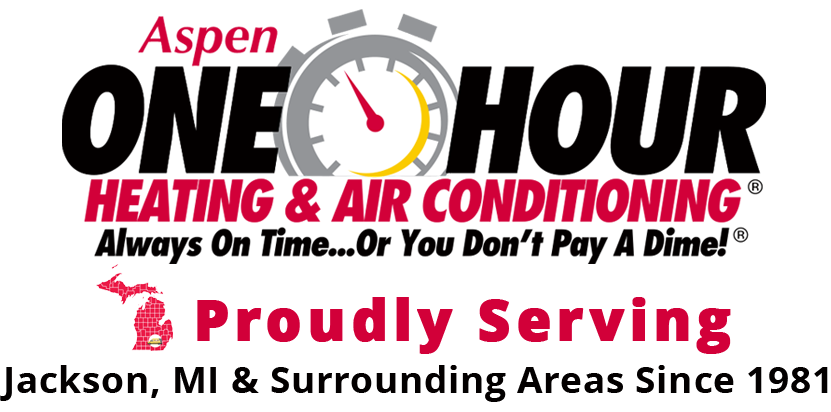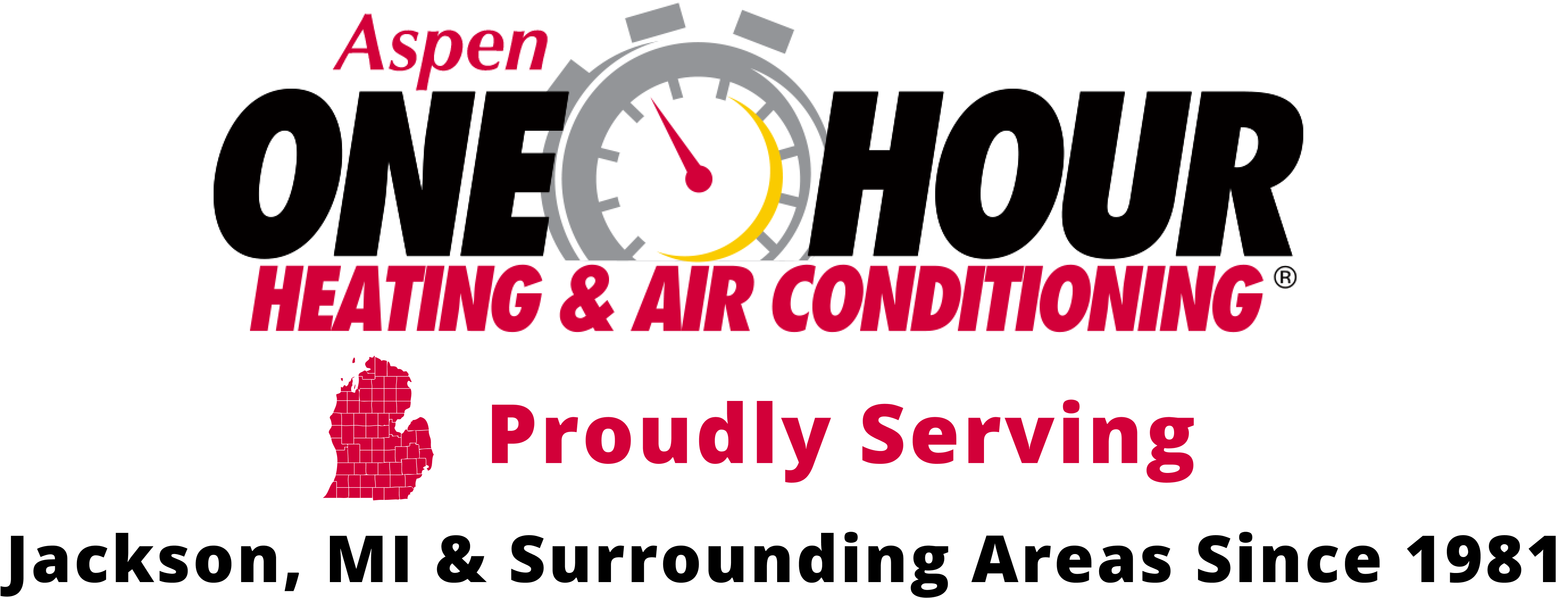Your HVAC system works tirelessly year-round to keep your home comfortable, but it’s easy to take it for granted—until something goes wrong. The best way to ensure your heating and cooling system continues running efficiently is by scheduling regular HVAC inspections.
Whether it’s a seasonal tune-up or an annual check, a professional inspection can catch potential problems early and help extend the life of your system. In this article, we’ll guide you through what happens during an HVAC inspection and why it’s essential for your home.
Why You Need Regular HVAC Inspections
Routine HVAC inspections are vital for several reasons:
- Improved Efficiency: Regular maintenance helps your system run at peak performance, lowering energy costs.
- Fewer Breakdowns: Inspections can catch minor issues before they turn into expensive repairs.
- Extended Lifespan: Keeping your system in good condition helps it last longer.
- Enhanced Air Quality: An inspection ensures your system is clean, reducing the amount of dust and allergens circulating in your home.
- Safety: HVAC systems can pose safety risks if not maintained properly, particularly when it comes to gas furnaces and carbon monoxide leaks.
What Happens During an HVAC Inspection?
An HVAC inspection typically includes a thorough evaluation of both the heating and cooling systems in your home. Here’s what you can expect when a technician visits for a professional inspection:
- Thermostat Check The technician will start by inspecting the thermostat to ensure it’s working correctly. They’ll check the settings and calibrate the thermostat if necessary to ensure it’s providing accurate temperature readings. If you have a programmable or smart thermostat, the technician will verify that it’s properly synced with your system and operating efficiently.
- Air Filter Inspection and Replacement Dirty air filters can reduce the efficiency of your HVAC system, lead to poor air quality, and even cause system damage. During the inspection, the technician will check the air filter and replace it if necessary. Depending on the type of filter you use, it may need to be replaced every 1-3 months.
- Ductwork Inspection The ductwork is a crucial part of your HVAC system, delivering conditioned air throughout your home. The technician will inspect the ducts for signs of leaks, blockages, or damage. Leaky ducts can lead to significant energy loss, while blocked ducts can restrict airflow and reduce system efficiency.
- Electrical Component Check The electrical components of your HVAC system, such as wiring and connections, will be thoroughly inspected for wear and tear. The technician will look for loose connections, frayed wires, or corrosion, which can cause malfunctions or even create a fire hazard.
- Fan and Motor Inspection The fan and blower motor are essential for circulating air throughout your home. The technician will check the fan blades for dirt and debris buildup, which can reduce efficiency, and ensure that the motor is running smoothly. If the motor is showing signs of wear or damage, it may need to be repaired or replaced.
- Refrigerant Levels For air conditioning systems, the technician will check the refrigerant levels to ensure they are within the correct range. Low refrigerant levels can reduce cooling efficiency and even damage the compressor. If the refrigerant is low, the technician will check for leaks and recharge the system if necessary.
- Inspect Coils The evaporator and condenser coils in your HVAC system play a key role in the cooling process. The technician will inspect both coils for dirt and grime buildup, which can reduce cooling efficiency and put unnecessary strain on your system. Cleaning the coils will help your system run more efficiently and last longer.
- Check for Airflow Issues Poor airflow can be a sign of duct blockages, dirty filters, or fan problems. The technician will measure airflow through the system to ensure that it’s delivering the right amount of air to each room. If airflow is restricted, they will identify the cause and recommend solutions.
- Test System Efficiency During the inspection, the technician will test the overall efficiency of your HVAC system. This may include checking the system’s energy output, identifying any areas of heat loss, and measuring the efficiency of the heating and cooling cycles. A system operating at peak efficiency will save energy and reduce your utility bills.
- Safety Check For systems that use gas, such as furnaces or boilers, a safety inspection is essential. The technician will check for gas leaks, inspect the heat exchanger for cracks or damage, and test the carbon monoxide detector to ensure your home is safe from harmful gasses.
What Happens After the Inspection?
After the inspection is complete, the technician will review their findings with you. If any issues were discovered, they will provide recommendations for repairs or improvements. In some cases, they may suggest system upgrades to improve efficiency, such as replacing an old thermostat or sealing duct leaks. If no major issues are found, they may simply recommend routine maintenance tasks, like replacing filters more frequently or scheduling seasonal tune-ups.
When to Schedule an HVAC Inspection
It’s generally a good idea to schedule an HVAC inspection twice a year—once in the spring before the cooling season begins and once in the fall before the heating season starts. This ensures your system is ready for the demands of both summer and winter.
Conclusion
Regular HVAC inspections are essential for keeping your system running smoothly and efficiently. By understanding what happens during an inspection, you can better appreciate the value it brings in terms of energy savings, system longevity, and peace of mind. Don’t wait until something goes wrong—schedule a professional HVAC inspection today to keep your home comfortable year-round!

